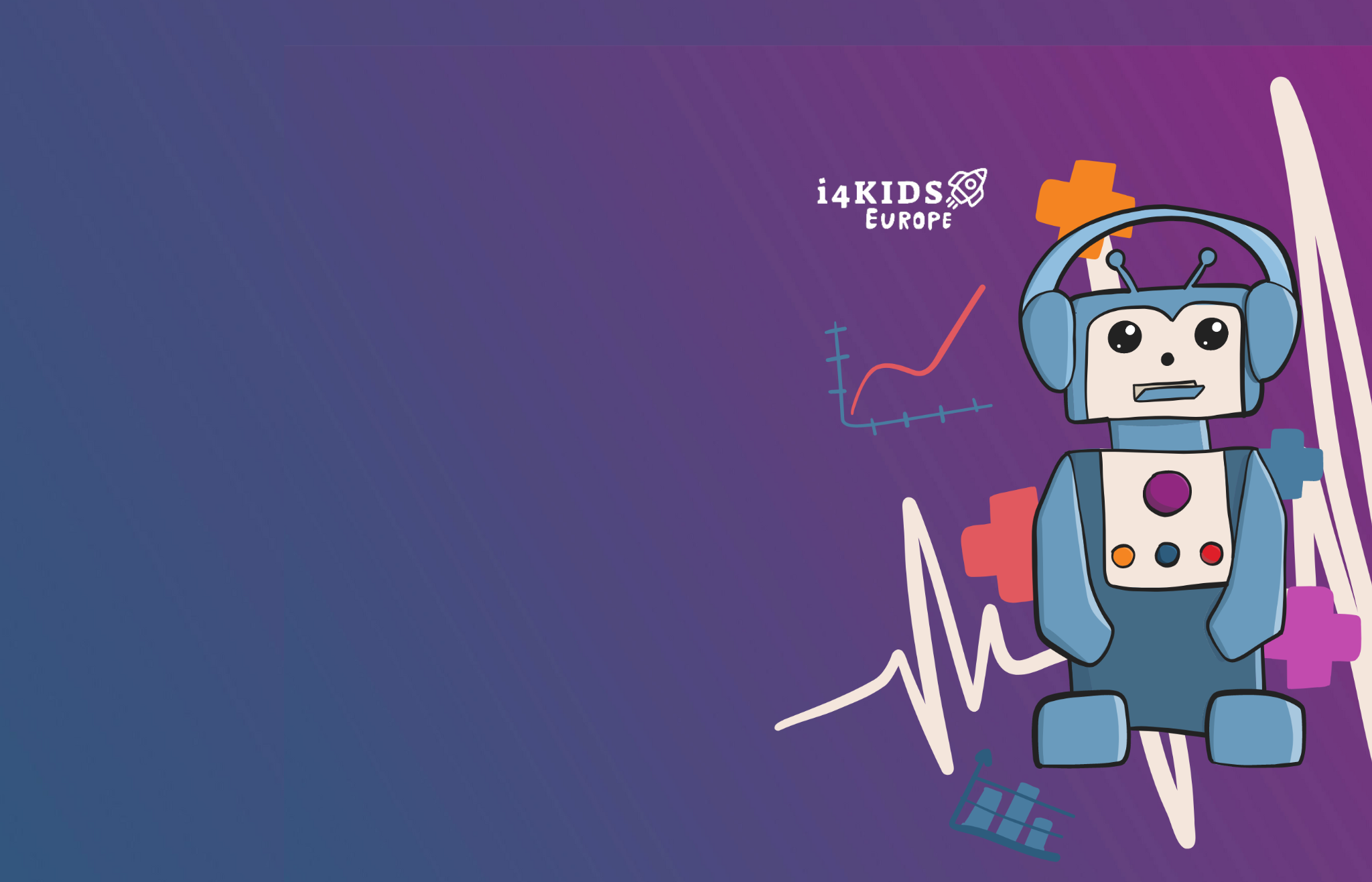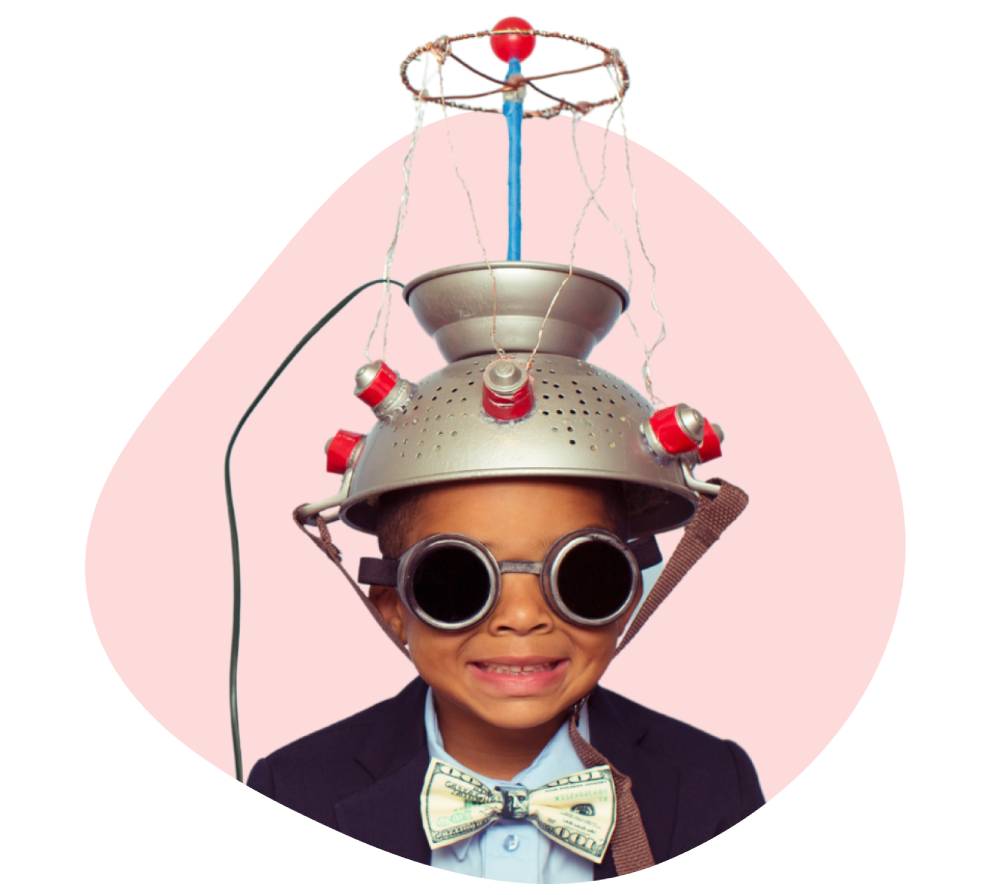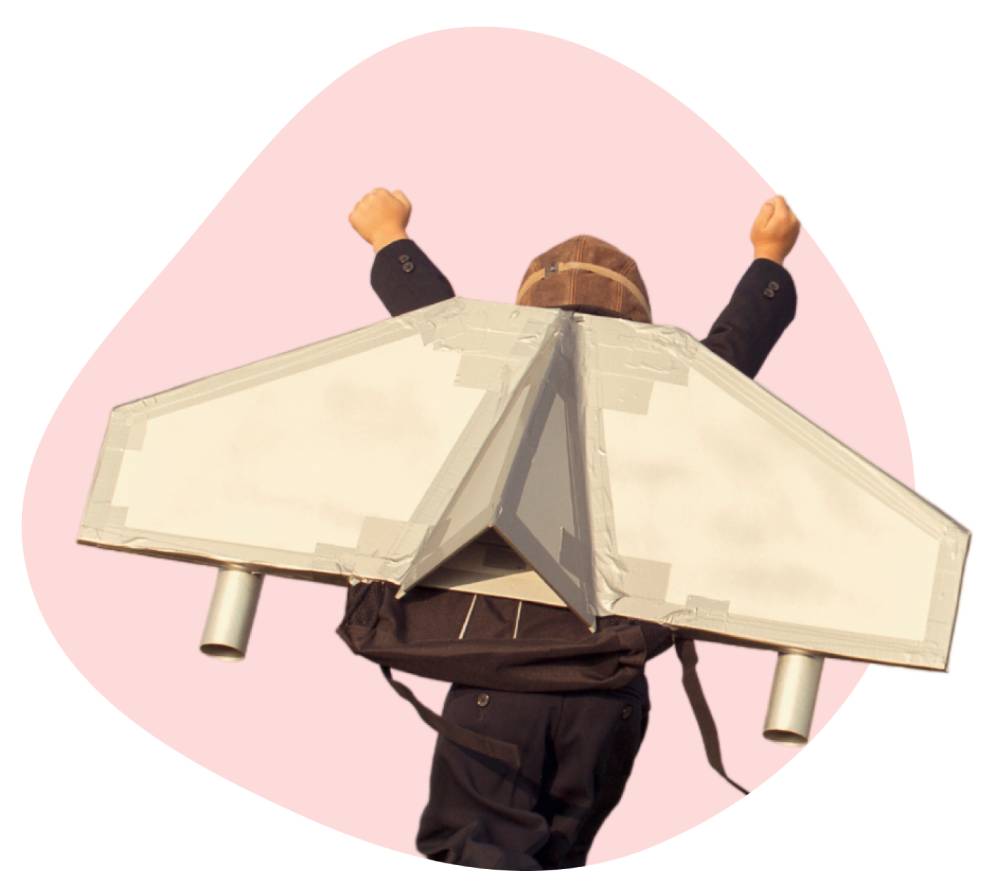
One of its activities includes proposing challenges to improve children’s hospitals’ internal processes, focusing on personalising care, optimising patient flow, enhancing safety, and improving patient and family satisfaction. A systematic, patient-centred approach is essential for paediatric hospitals to overcome these challenges and deliver excellent care.
In line with this objective, i4KIDS-EUROPE announces the launch of its HOSPITAL CHALLENGE BASED PROGRAMME 2024, extending invitations to European established companies to send its technology-based innovation projects.

As a result of this workshop between C-level representatives of these ECHO member children’s hospitals, three challenges were identified for candidates to apply for:
CHALLENGE #1: IMPROVING CLINICAL WORKFLOWS
How can we reduce the time healthcare professionals spend on administrative tasks, such as writing anamnesis, patient records, and doctor’s notes to employers, to enhance efficiency and allow for greater focus on patient care?
Since the implementation of the Electronic Health Record (EHR) across hospitals and healthcare systems, the amount of documentation a healthcare professional (HCP) has to complete has been increasing. Already under great care pressure, HCPs are forced to spend a significant amount of time on administrative tasks, such as completing forms, recording patient data and complying with regulatory requirements. This administrative burden results in HCPs spending more time completing medical records than seeing and connecting with patients.
In fact, according to some studies, many physicians are not satisfied with the time required to create electronic notes. In 2010 and 2012, studies showed internal medicine physicians spend between 40% and 49% of their time using a computer, and 70% of this time is spent in documentation and order entry.
CHALLENGE #2: HIGH-RISK MEDICATION MONITORING IN PAEDIATRIC PATIENTS
How can we ensure that each patient receives the correct medication, in the correct dose, at the correct time, and via the correct method during hospitalisation?
The consequences of misusing or mismanaging high-risk medicines can be catastrophic, leading to adverse drug reactions, hospitalisations, or even fatalities. This problem is even more pronounced in paediatric medicine. Rigorous testing and monitoring of these drugs is therefore not only a clinical obligation, but also a moral and legal one.
Paediatric patients are particularly vulnerable to medication errors and adverse drug events. The potential for adverse drug events in paediatric inpatient populations is approximately three times higher than in adults, with an estimated one in four children experiencing an adverse drug reaction during hospitalisation. A recent study investigating serious patient safety events in 44 children’s hospitals found that over 20% of severe accidents were caused by medication errors.
CHALLENGE #3: APPOINTMENT EFFICIENCY:
How might we avoid “no shows” and improve outcomes for groups affected by healthcare inequalities?
Missed hospital appointments pose a substantial challenge, resulting in wasted resources, disrupted schedules, and potential delays in patient care. Implementing effective strategies to reduce no-shows is essential for enhancing patient outcomes and optimising the efficiency of healthcare services.

Candidates must meet the following General Criteria:
- Only established companies or products ready for implementation can apply for this call.
- The proposed solution must comply with current regulations in order to be marketed in Europe (MDR, GDPR, etc.) if applicable.
- Solutions must be at a TRL 7 or higher.
- Candidates can apply for more than one challenge, but must fill in one form for each challenge.
- Candidates must be available to participate in the Pitch Competition at the Pediatric Innovation Day (PID) in Riga on September 27th.

Applications must be submitted in English using the aforementioned form.
All project submissions must be completed before the specified deadline of August, 11th at 23:59 CEST.
An initial evaluation will be carried out to identify the projects that meet the eligibility criteria. Selected projects will be assigned to external evaluators for review according to the evaluation criteria described below. The external evaluators will be experts in the field of healthcare.
A total of 6 projects will be selected as the selected projects of the Challenge-based Hospital Programme.
All six projects will participate in the Pitch Competition at the Pediatric Innovation Day (PID) in Riga on September 27th, so participants must have the availability to travel to Riga to attend the event.

Idea (35%)
- Soundness and innovativeness level of the proposal.
- Capacity to respond to the proposed challenge.
Feasibility and implementation capacity (35%)
- Current state of development.
- Development and implementation plan.
- Involvement of patients and users in the development phase.
- Previous experience of implementation in other centres.
- Capability to be implemented in EU hospitals.
Impact (20%)
- User-centric innovation.
- Engagement strategy.
- Scope of the impact.
- Paediatric focus.
Team (10%)
- Previous experience in the field.
- Candidate’s capacity to implement the proposed solution.
If deemed necessary, the evaluation committee may ask applicants to verify the information provided in the proposals, either in person or online. In case of untruthful information, the application will be rejected.

- Travel expenses for one person/company to attend the Pediatric Innovation Day in Riga https://innovation4kids.org/en/pediatricinnovationday2024/
- Access to the Pediatric Innovation Day and its agenda.
For the Pitch Competition, candidates will prepare a 7-minute presentation in English and a jury panel will evaluate all presentations and select a winner based on evaluation criteria that will be shared with all participants beforehand. After the Pitch Competition, there will be only one winner.
The winning project will be awarded €5,000 to start a pilot project in one of the i4KIDS-EUROPE Hospitals. Additionally, the winner will receive a voucher for consultancy services with the Inveniam Group. The winner will also have the opportunity to follow up with at least two Maternity & Children’s Hospitals from ECHO and i4KIDS-EUROPE to explore the implementation of the solution within these hospitals.

If you have any doubt or question, please feel free to write us at contact@innovation4kids.org